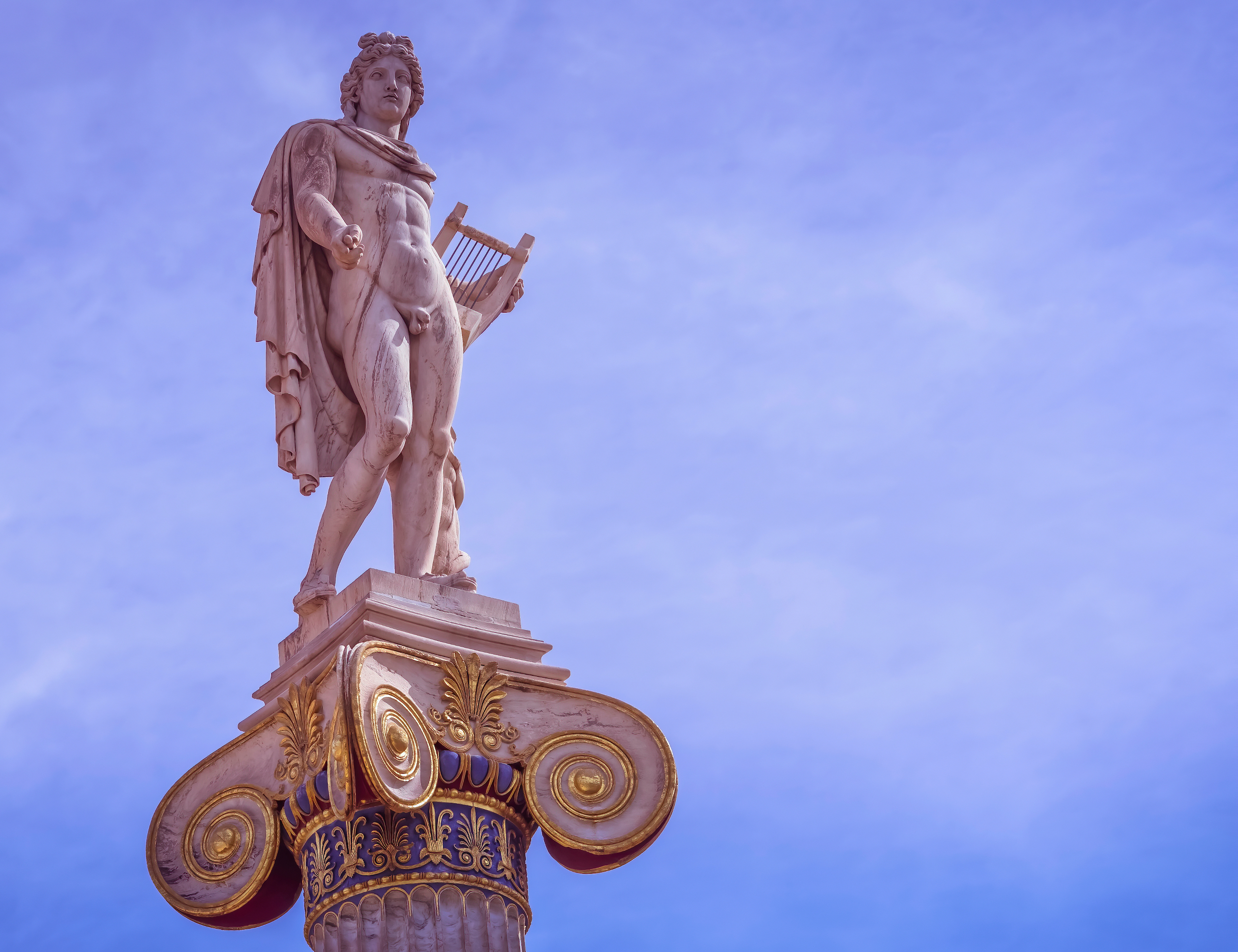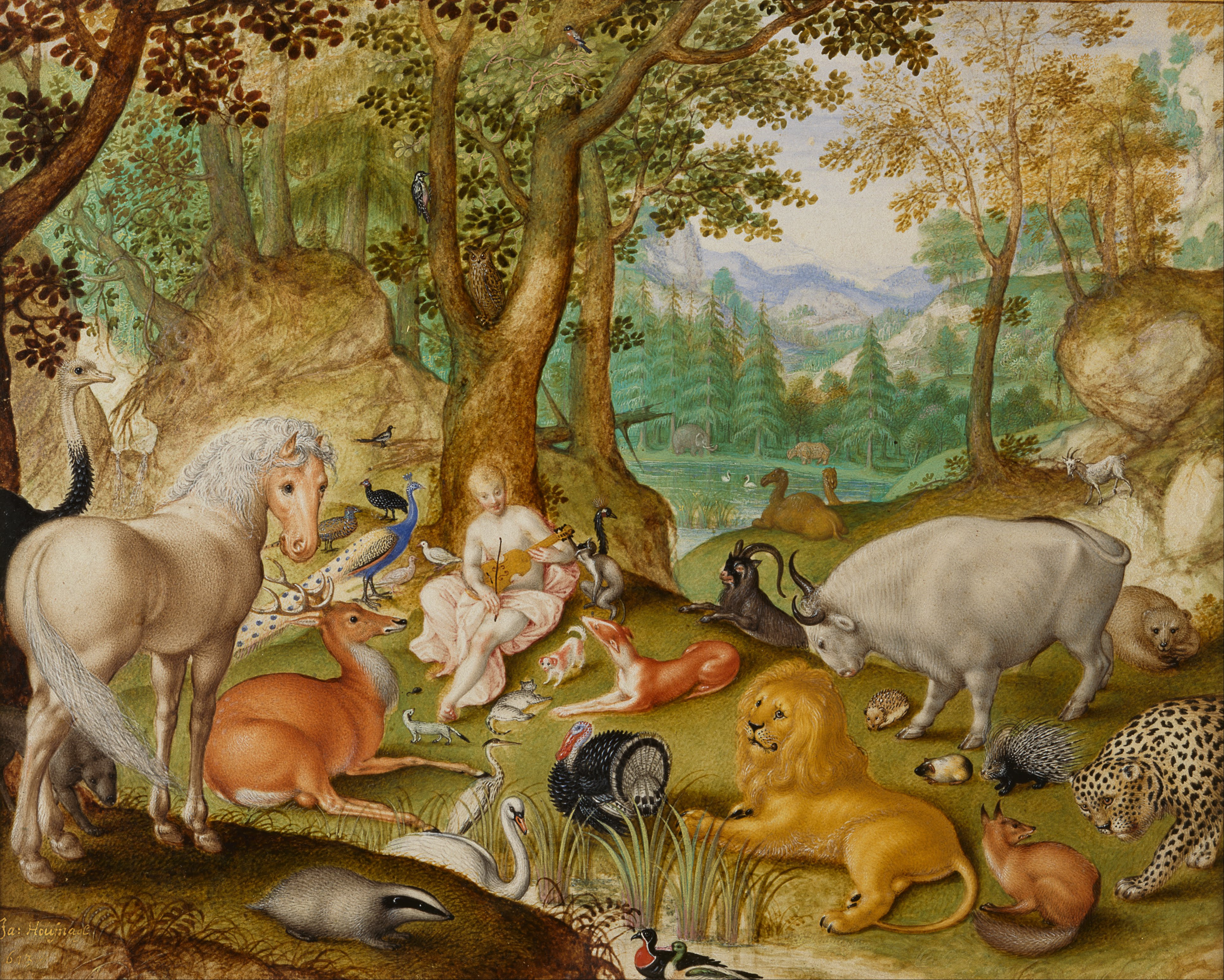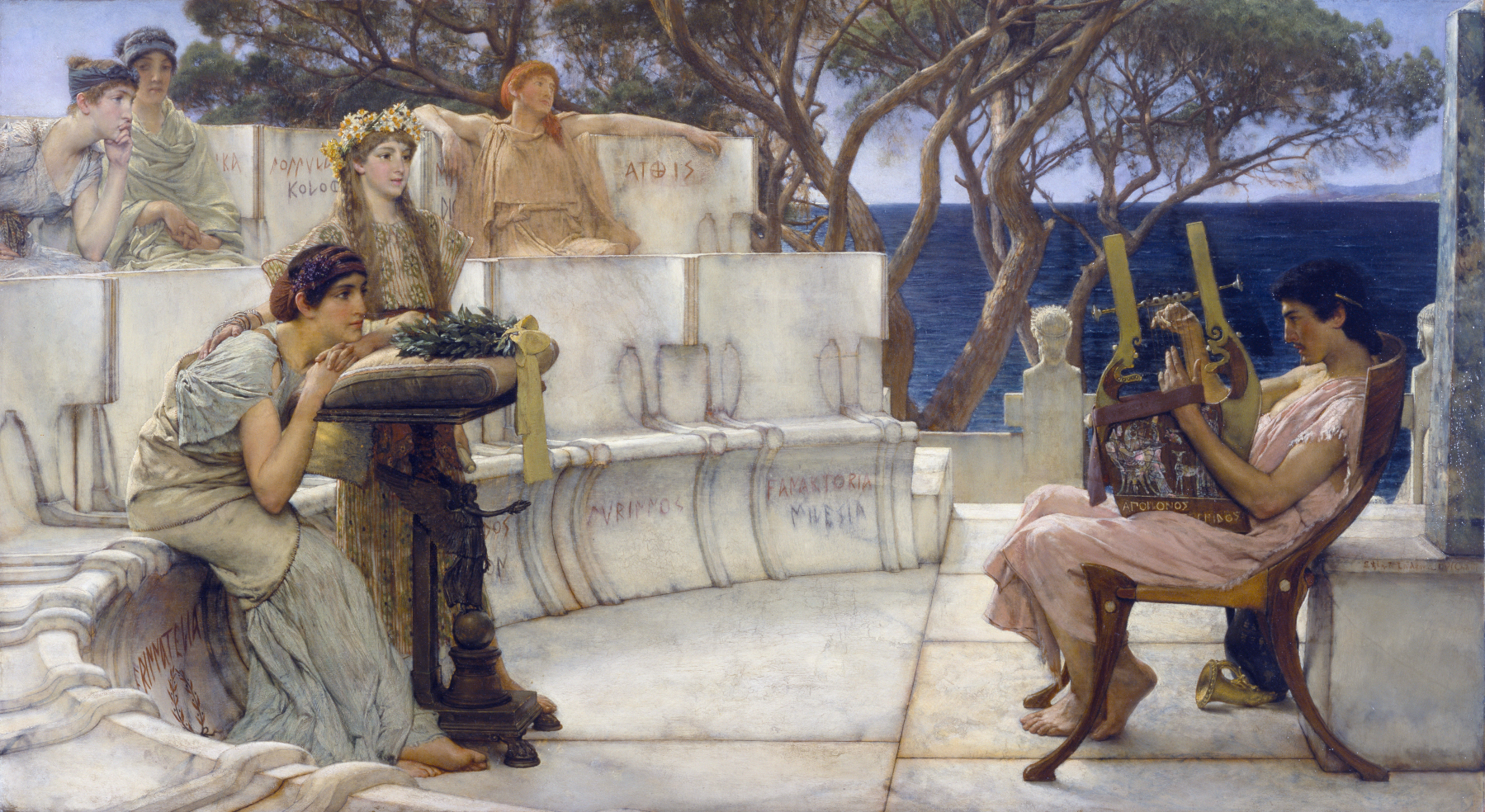For the Ancient Greeks, poetry was music and a way of knowing. For all cultures, music almost comes before language. It’s the rhythm and melody of something that you share that makes the communication valuable and memorable.
Ancient Greece is made up of a collection of city-states that begin communicating over the sea. Some of these city-states are in what is today the west coast of Turkey or the east coast of south Italy, as well as mainland Greece and the Greek islands. The people in these different city-states begin communicating stories of their own past: they communicate in myth and poetry.


